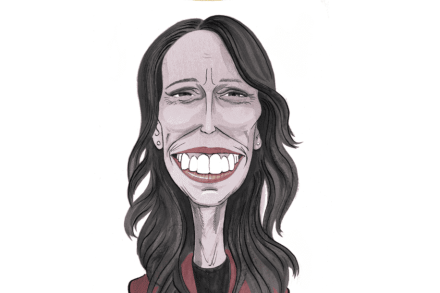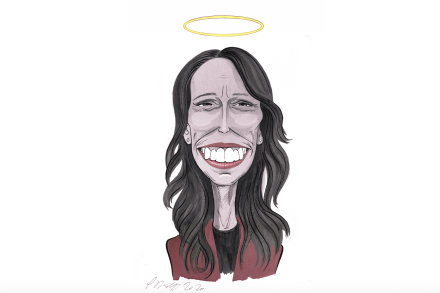New Zealand’s culture wars backlash
I’m in New Zealand on a speaking tour organised by the Kiwi Free Speech Union, and in some ways it’s like visiting Britain in a more innocent era. This struck me when I went on a tour of the Hobbiton movie set, where The Lord of the Rings and The Hobbit were filmed. The Shire of Tolkien’s imagination, lovingly created by Peter Jackson, is an idealised version of rural England – and New Zealand, with its perfectly manicured lawns and open-faced, friendly people, is a bit like that. Although, to be fair, I may be viewing the country through rose-tinted spectacles because Labour was heavily defeated in the most recent











